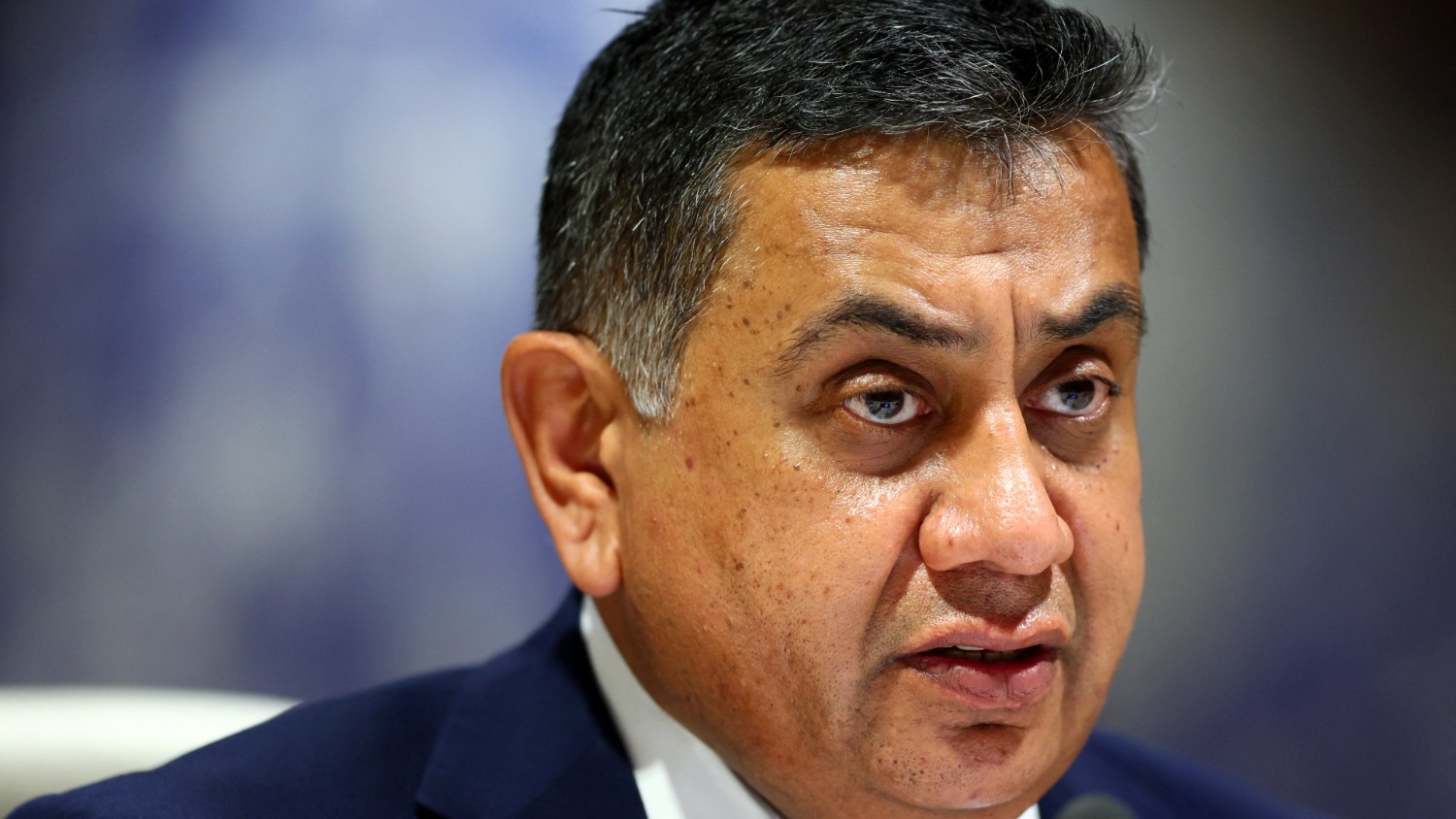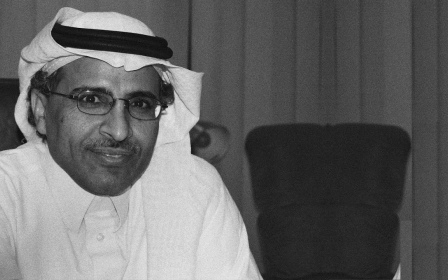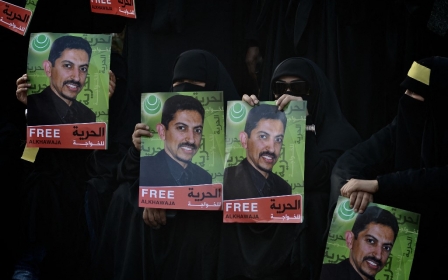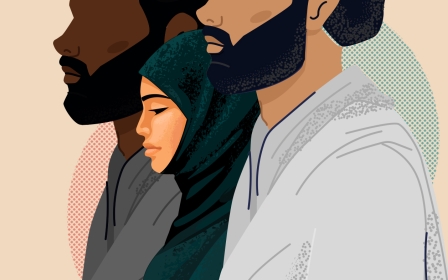UK minister called Saudi ambassador over Jordanian facing execution

The minister in charge of Middle East affairs for the British government has called Saudi Arabia to reiterate that the UK “stands firmly” against the death penalty, he told the House of Lords on Thursday.
Addressing a debate on human rights in the Gulf, Lord Ahmad, Minister of State for the Middle East, said he had called the Saudi Arabian ambassador earlier that day to raise the case of Hussein Abo al-Kheir, a Jordanian man currently believed to be facing imminent execution.
Lord Ahmad's comments follow the kingdom's execution of 20 people in the past two weeks over drug-related crimes, after previously providing assurances that it would not impose the death penalty for such offences.
“The UK stands firmly against the death penalty in all cases, in all circumstances and all countries,” Lord Ahmad told the parliamentary upper chamber.
He said he had expressed that view in a phone call while discussing al-Kheir's case with the Saudi Arabian ambassador on Thursday morning.
New MEE newsletter: Jerusalem Dispatch
Sign up to get the latest insights and analysis on Israel-Palestine, alongside Turkey Unpacked and other MEE newsletters
Al-Kheir was arrested in 2014 for smuggling drugs as he crossed into the kingdom from Jordan, and has said he confessed to the charges only after he was tortured. He has reportedly called family members in recent days to say goodbye after he was moved to a death row cell last week.
Duaa Dhainy, a research with the European-Saudi Organization for Human Rights (ESOHR), told Middle East Eye that Al-Kheir's case is just one of dozens of individuals currently on death row in Saudi Arabia over drug offences.
Lord Ahmad said he was following Al-Kheir’s case - which UK Foreign Secretary James Cleverly has been asked to raise - “very closely”.
“I’m due to speak to interlocutors again and I have made the case quite specifically in my conversation with the ambassador this morning,” he said.
Lord Ahmad said he had also called the Kuwaiti ambassador last week to raise concerns in advance of the executions of seven people.
“I’m not saying, regrettably or tragically, that my intervention or that of other colleagues will stop [executions]," he said.
But the UK, he added, should be “consistent and persistent” in raising issues “quite directly”, particularly with countries such as Saudi Arabia which have given assurances that executions would not be carried out in particular circumstances.
In March, the kingdom executed 81 people in one day, more than had been killed in the whole of 2021.
Four days later, then-Prime Minister Boris Johnson met with Crown Prince Mohammed bin Salman in a visit widely criticised by rights groups. Three further men were executed during the trip.
Human rights in the Gulf
The minister’s comments came amid a wide-ranging discussion of human rights abuses in the Gulf, including concerns over UK-GCC trade negotiations, the ongoing protests in Iran and UK support for Bahraini institutions implicated in human rights abuses.
Several members criticised Qatar's hosting of the World Cup because of concerns over the country's laws prohibiting homosexuality, and the treatment of migrant workers.
"I welcome every act of genuine protest from sportsmen and sportswomen in these circumstances," said Lord Hayward, a Conservative peer.
"It would be far better if the sponsors and organisers of this event took the courage into their own hands and did something and said something."
Questions were also raised over the government's £70m ($80m) Gulf Strategy Fund (GSF), which has been repeatedly accused of a lack of transparency. This year, the UK more than doubled its funding for Saudi Arabia and Bahrain, despite human rights concerns.
Lord Paul Scriven, meanwhile, said that after 10 years of tax-payer funded assistance, the human rights records of the six Gulf state recipients "have largely deteriorated, often in flagrant violation of international law".
He repeated specific concerns that the UK government appears to have violated its own rules by providing millions through the GSF to Bahrain - including three bodies recently implicated by rights groups in serious human rights abuses - while death sentences continue to be handed down in the kingdom.
"Will the minister make public his evidence of the improvements to human rights in the Gulf that can be directly related to British taxpayers’ money? If not, what are the government hiding?" he asked.
Responding later, Lord Ahmad said the government was "working through some of these issues in terms of the investments that we make".
He said specifically that Bahrain had made progress on issues of human trafficking and modern slavery, and that the GSF support had helped Bahrain establish "a number of human rights oversight bodies" and introduce a restorative justice law for children and alternative sentencing legislation.
Sayed Ahmed al-Wadaei, the director of the UK-based Bahrain Institute for Rights and Democracy, who was in Parliament to watch the debate alongside two other survivors of torture by Bahraini authorities, said he felt Bahrain's "shameful record on human rights" had been exposed by the debate.
"The minister was doing a 'lonely' job to defend the indefensible when it comes to UK taxpayer-funded support being provided to bodies repeatedly implicated in the use of torture and the death penalty and other horrific abuses in Bahrain," he said.
Lord Ahmad said during the debate that he would meet with Al-Wadaei and the two other survivors, Ali Mushaima and Ebtisam AlSaegh.
"We look forward to meeting Lord Ahmad at his earliest opportunity," said al-Wadaei.
Middle East Eye delivers independent and unrivalled coverage and analysis of the Middle East, North Africa and beyond. To learn more about republishing this content and the associated fees, please fill out this form. More about MEE can be found here.




